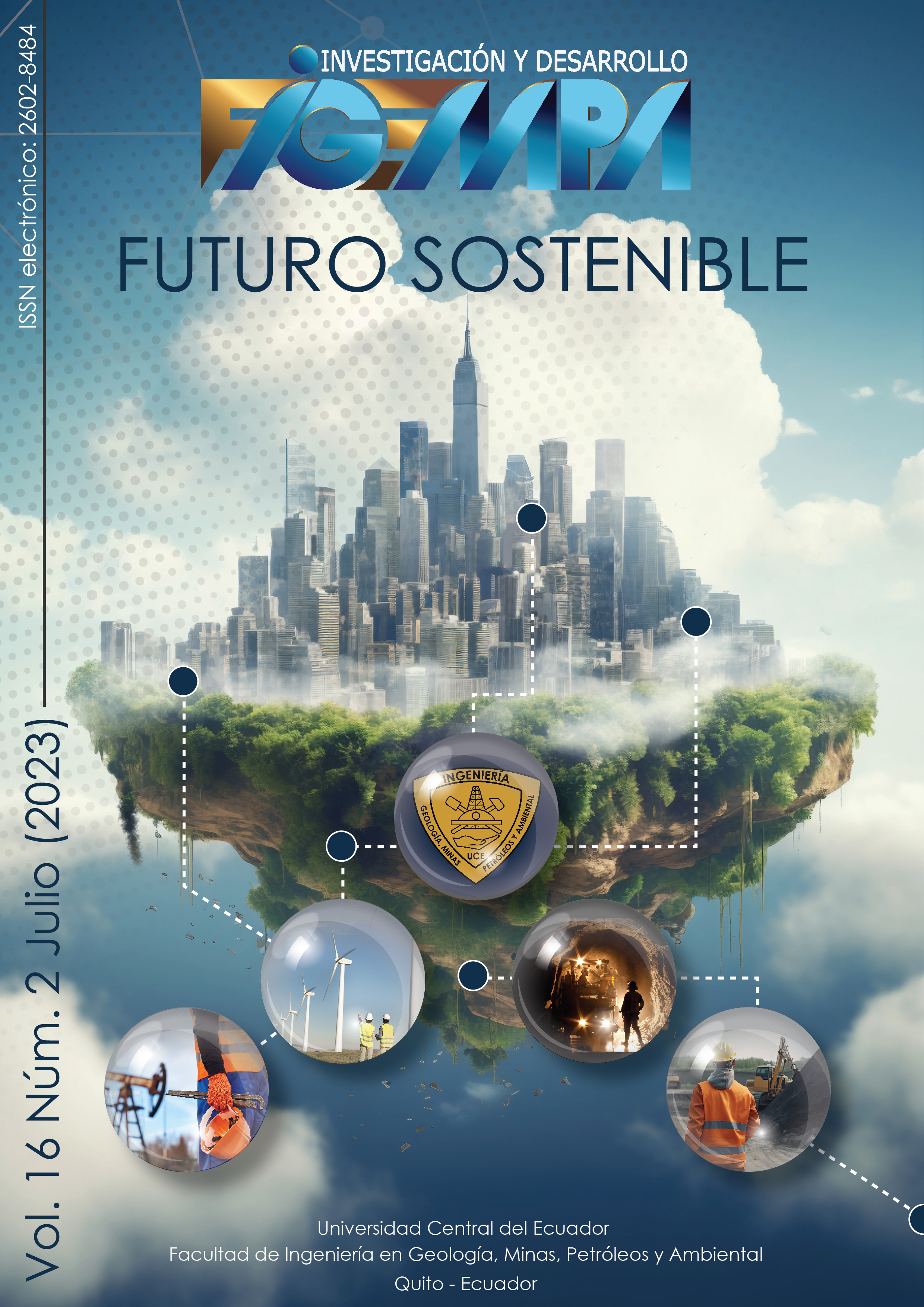¿Ecuador está preparado para enfrentar y reducir los impactos de las variaciones naturales y antropogénicas del sistema climático?
Contenido principal del artículo
Resumen
Las anomalías climáticas, tanto a nivel mundial como en Ecuador, son cada vez más frecuentes y de mayor intensidad, generando impactos negativos en la sociedad, economía y medio ambiente. Ante la posibilidad de eventos hidrometeorológicos, como un evento El Niño, surge la pregunta de si Ecuador está preparado para enfrentar y reducir los impactos del cambio climático. Para responder a esto, se analizan diferentes factores como la existencia de política nacional, institucionalidad con capacidad de respuesta, opciones de formación profesional y recursos humanos, disponibilidad y acceso a datos actualizados, y recursos económicos y tecnológicos. En términos generales, se concluye que Ecuador no cuenta con una política nacional adecuada ni una institucionalidad con recursos y capacidad suficientes para generar, procesar y difundir datos e información necesarios para tomar decisiones frente al cambio climático. Es necesario enfrentar las falencias coyunturales y estructurales y establecer una política nacional para la gestión nacional de la meteorología e hidrología que genere opciones de formación profesional, una institucionalidad técnica desconcentrada y con recursos adecuados, y cumpla un rol de rectoría y facilitador de procesos en torno a la política nacional de la meteorología e hidrología.
Descargas
Métricas
Detalles del artículo

Esta obra está bajo una licencia internacional Creative Commons Atribución 4.0.
Citas
Euroclima (2019) Informe de Diagnóstico del Instituto Nacional de Meteorología e Hidrología (INAMHI). Quito.
INAMHI (2010) Estatuto Orgánico de Gestión de Procesos del INAMHI. Quito: Registro Oficial.
Supremo Consejo de Gobierno (1979) Ley del Instituto Nacional de Meteorología e Hidrología. Registro Oficial.

